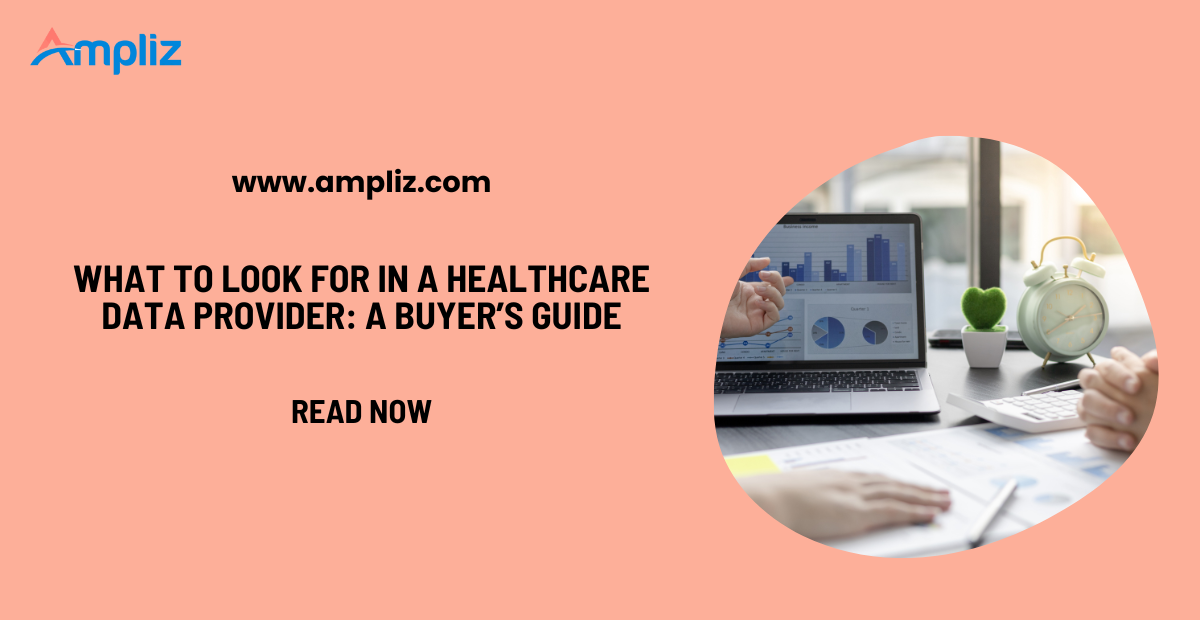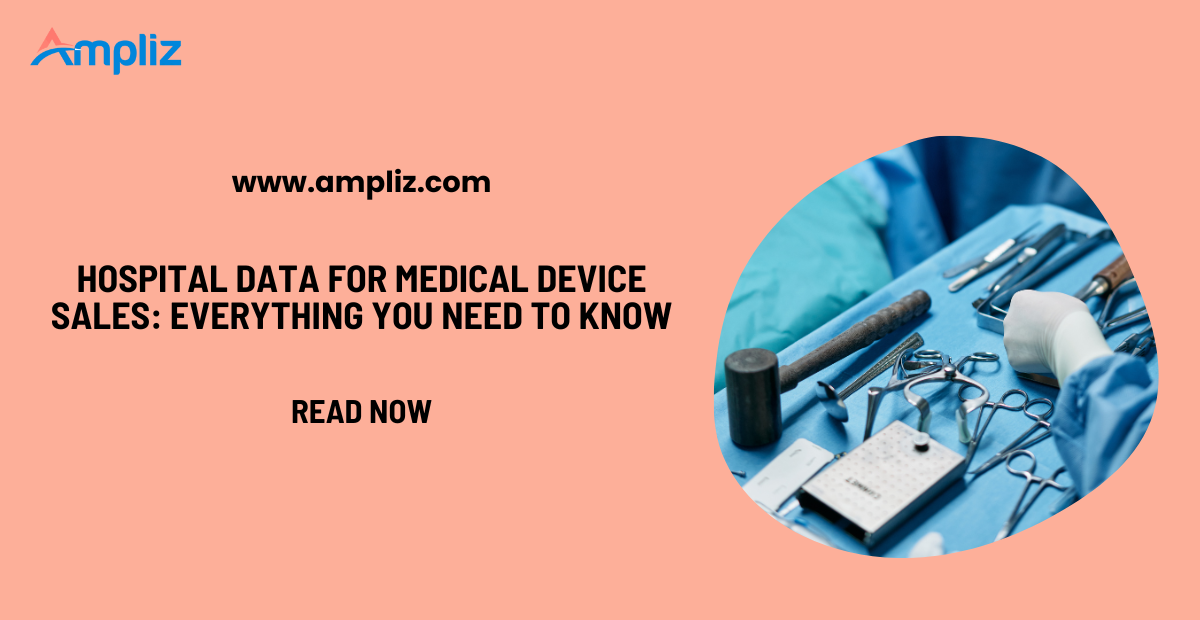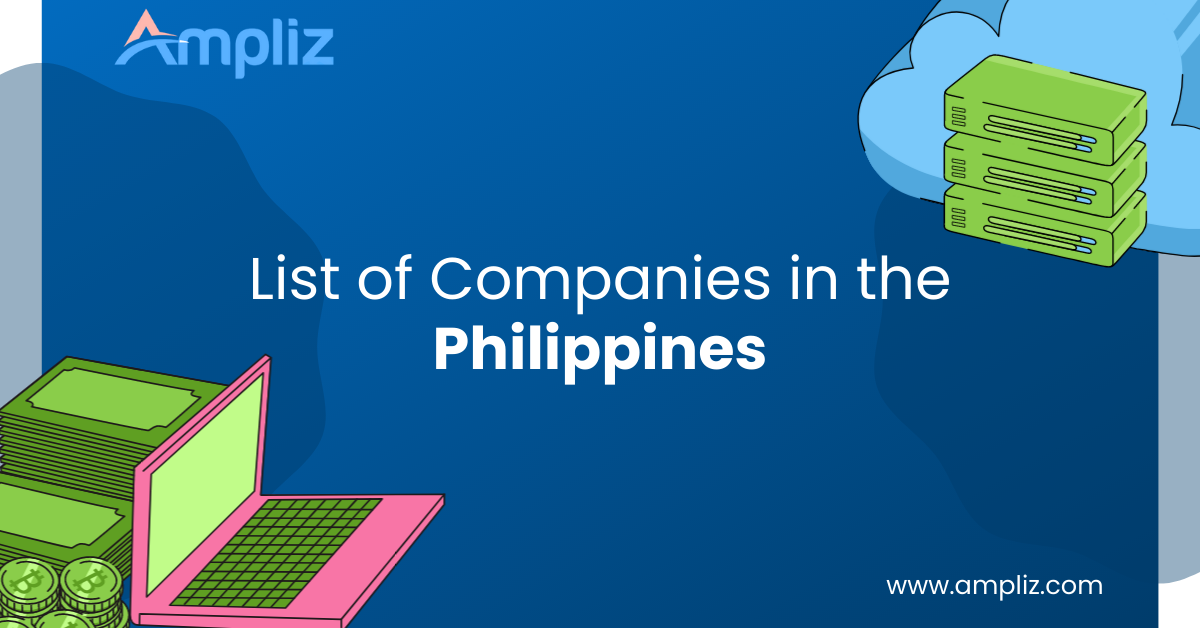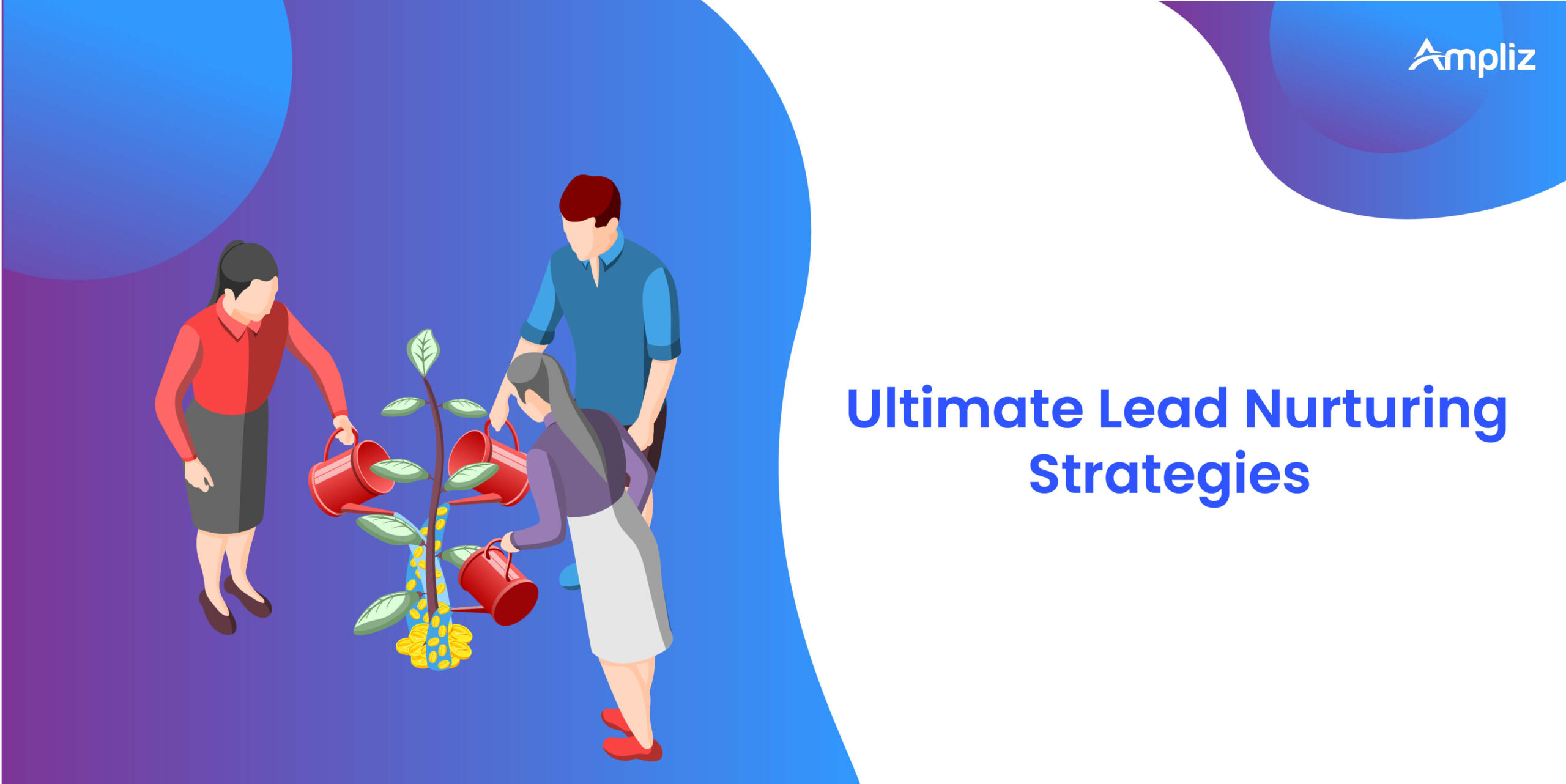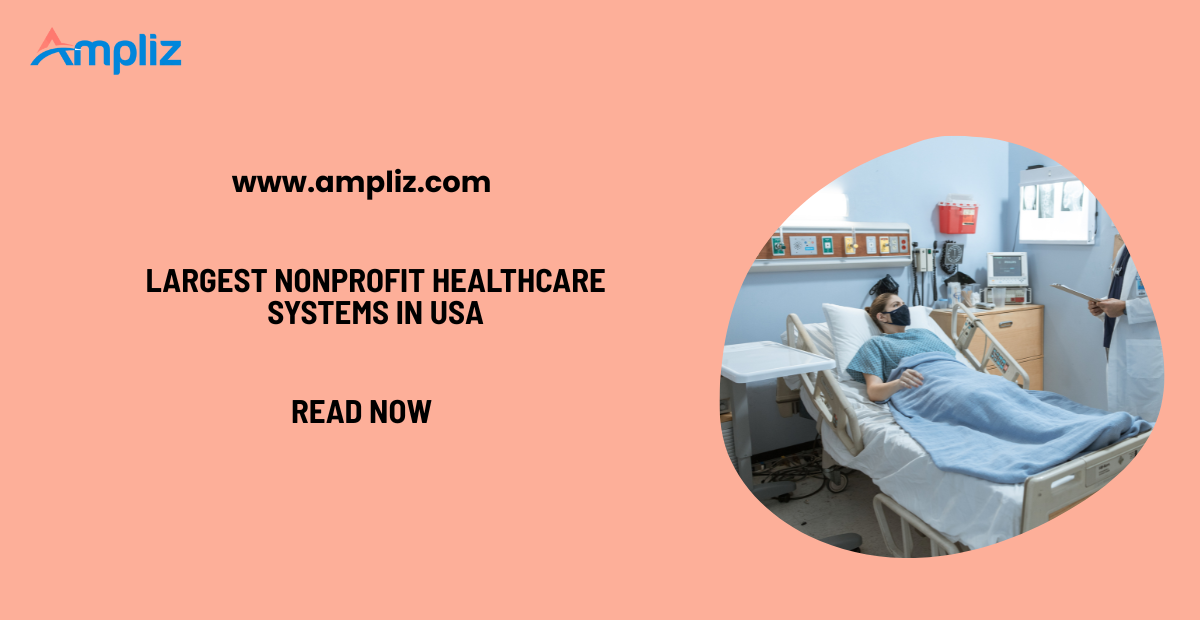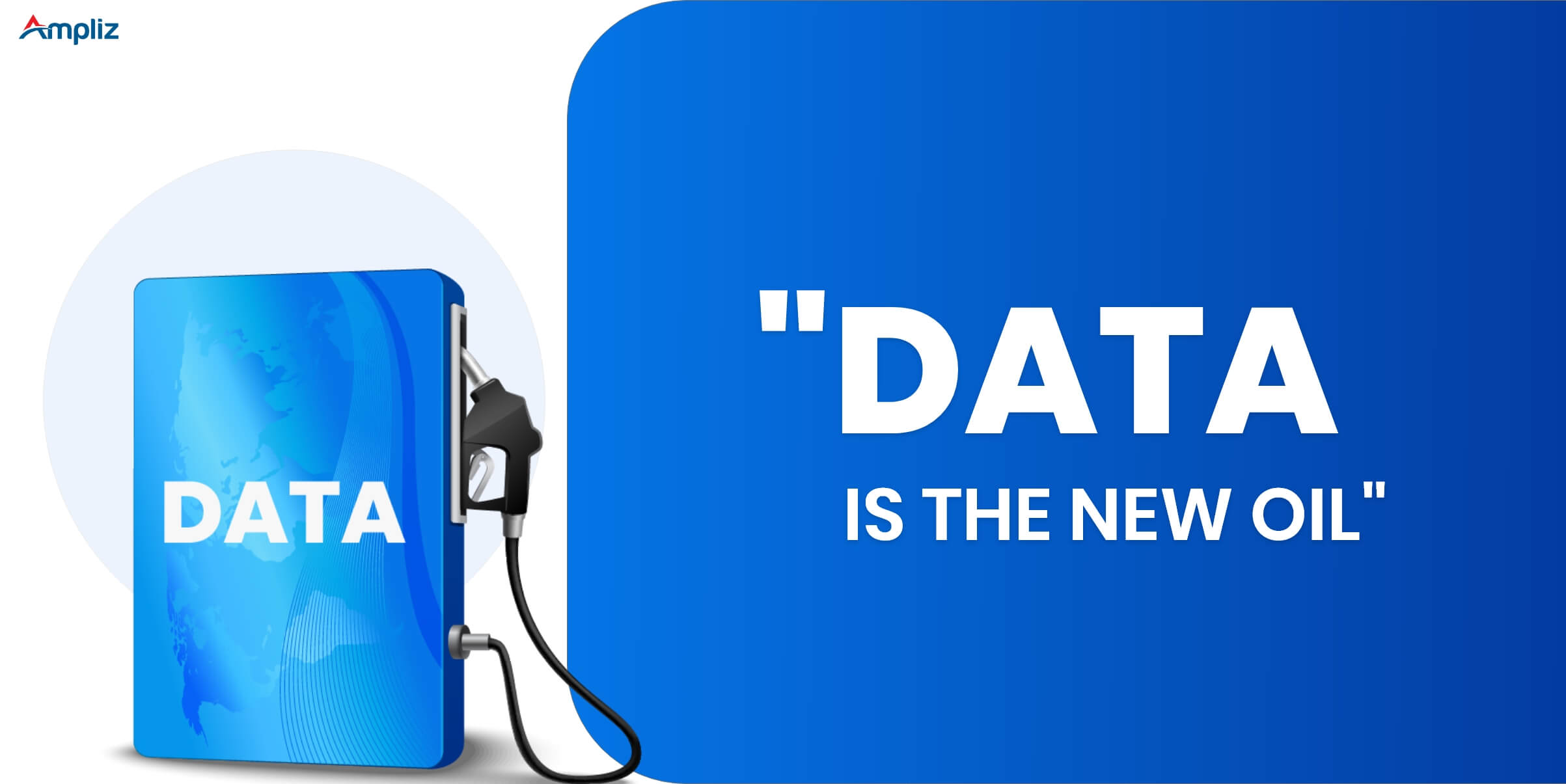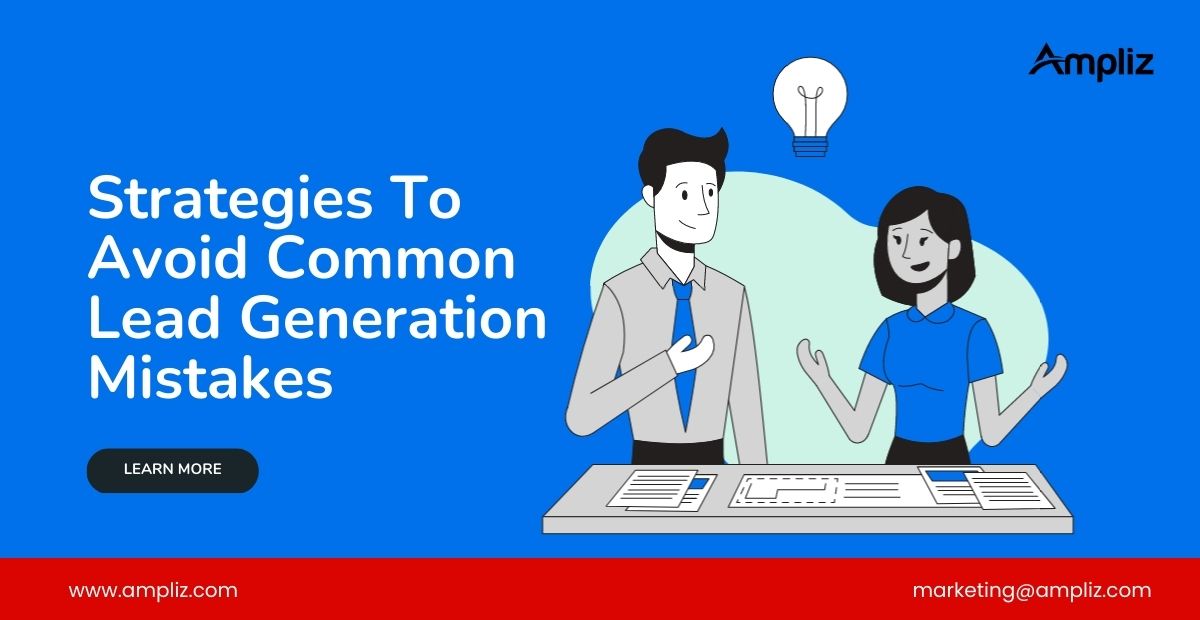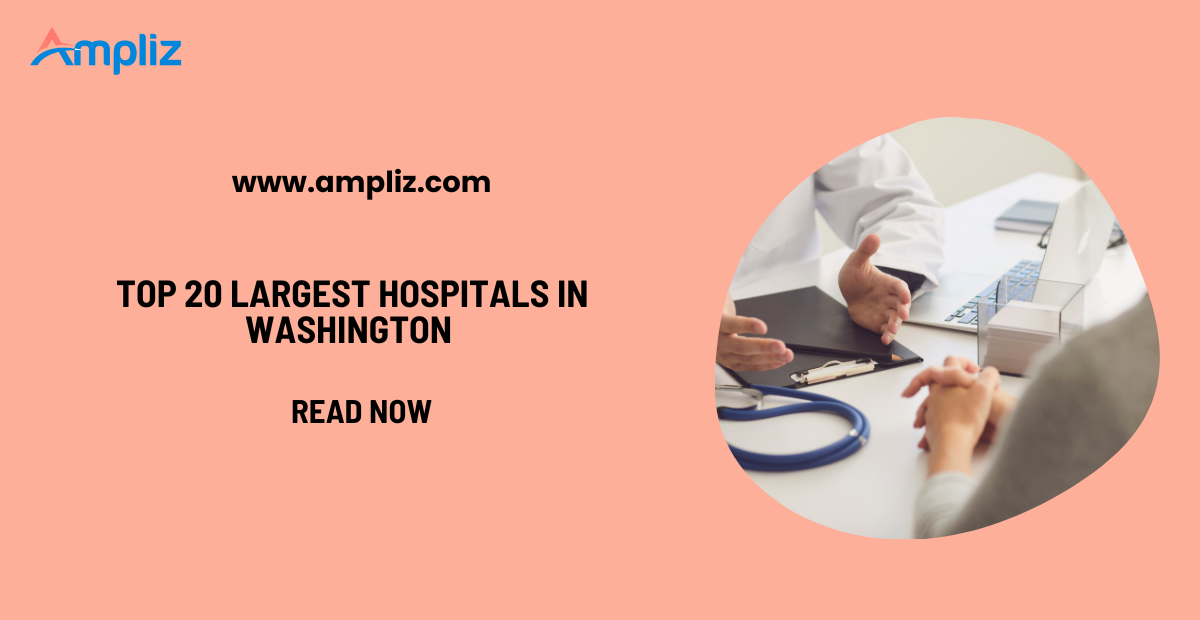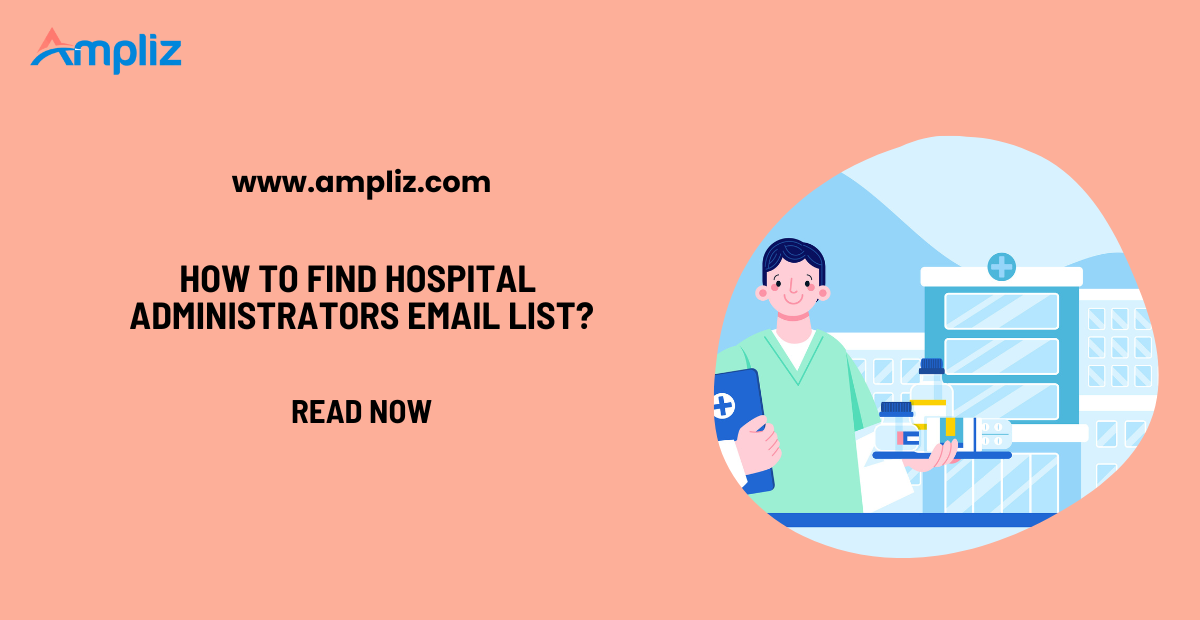Healthcare Email Lists vs Healthcare Data Platforms: What Drives Better ROI?
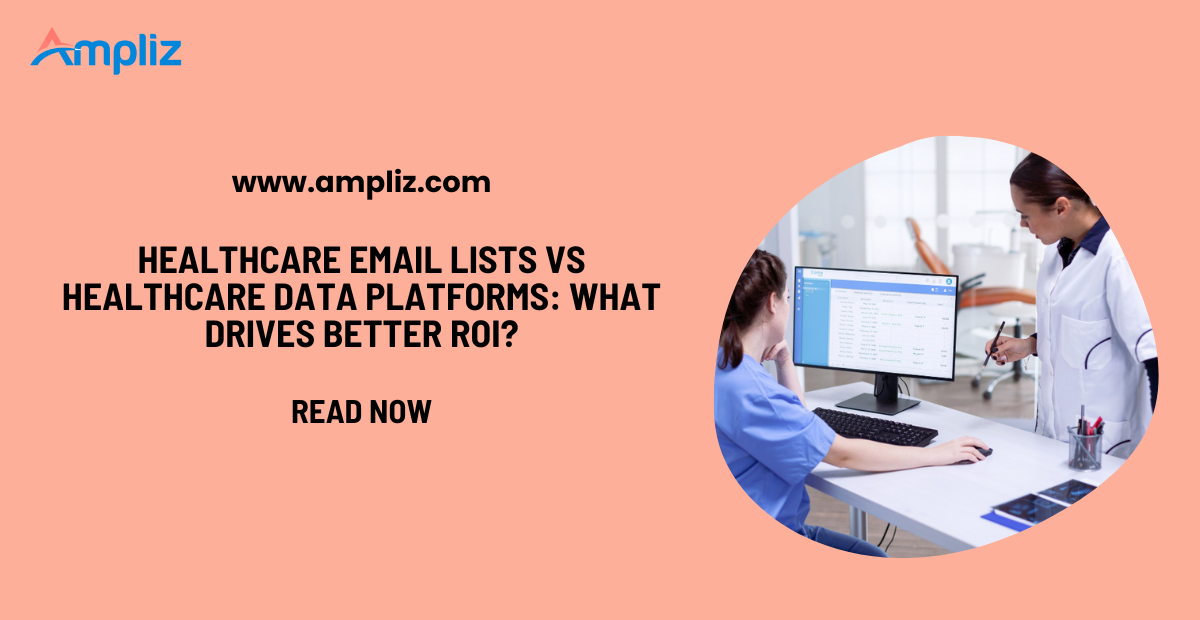
Healthcare Email Lists vs Healthcare Data Platforms: What Drives Better ROI?
In today’s competitive healthcare landscape, Return on Investment (ROI) is more than a buzzword—it’s the north star that guides every marketing initiative. From healthcare SaaS startups to large medical device manufacturers, all businesses want one thing: measurable, scalable, and profitable marketing outcomes. But the path to achieving that goal often begins with a critical decision should you invest in a healthcare email list or adopt a healthcare data platform?
At first glance, buying a healthcare contact list may seem like a fast and inexpensive way to jumpstart your outreach. On the other hand, a healthcare data platform offers dynamic intelligence, multi-dimensional insights, and high customization—but usually requires a more substantial investment.
This blog explores the strengths and weaknesses of both strategies, comparing their impact on deliverability, personalization, compliance, and ultimately, ROI. We’ll also discuss how platforms like Ampliz are redefining how marketers engage with healthcare decision-makers using real-time data intelligence.
What Are Healthcare Email Lists?
Healthcare email lists are collections of healthcare professionals’ contact information—typically including email addresses, job titles, facility names, and sometimes phone numbers. These lists are often sourced from public directories, event attendee records, or compiled by third-party data brokers. They’re marketed as a plug-and-play solution for healthcare marketers who want to reach a wide audience quickly.
While such lists may offer a quick start, they come with significant risks. The primary issue is data freshness—many email lists are outdated, leading to high bounce rates and minimal response. Moreover, they lack personalization, as they don’t provide behavioral or contextual insights that enable tailored outreach. Compliance is also a major concern. Since these lists are often acquired without direct consent from recipients, using them for marketing can violate regulations like HIPAA, CAN-SPAM, or GDPR.
In short, while they may appear attractive due to their affordability, buying healthcare email lists is a high-risk, low-reward strategy in the long term.
What Are Healthcare Data Platforms?
In contrast, healthcare data platforms offer a more holistic, data-driven approach. These platforms aggregate and curate verified data on millions of healthcare professionals, hospitals, clinics, and decision-makers. They provide real-time access to segmented, customizable data that includes contact details, job roles, NPI numbers, organizational affiliations, digital behavior, and more.
What sets healthcare data platforms apart is the depth and accuracy of the data. Platforms like Ampliz are designed to ensure that every contact is verified, compliant, and actionable. These tools also integrate with popular CRM and marketing automation platforms like Salesforce, HubSpot, and Marketo—allowing seamless workflows from data sourcing to campaign execution.
Furthermore, data platforms often include predictive insights and intent signals. This means you can identify prospects who are already in the research phase of their buyer journey and reach them at the right time with the right message. For any company focused on healthcare lead generation, a data platform is an invaluable asset.
Key Comparison: Email Lists vs Data Platforms
Let’s examine how healthcare email lists and data platforms perform across key marketing metrics that affect ROI:
| Feature | Healthcare Email Lists | Healthcare Data Platforms |
|---|---|---|
| Data Accuracy | Often outdated | Real-time verification |
| Compliance | Low; risky | High (HIPAA/GDPR-compliant) |
| Segmentation | Limited filters | Advanced targeting by specialty, location, facility type |
| Cost | Low upfront | Higher but more scalable |
| Analytics | Manual | Built-in analytics and performance tracking |
| Integrations | None | Seamless with CRMs, marketing automation tools |
| Scalability | Static | Dynamic and scalable |
| ROI Potential | Low to moderate | High and long-term |
1. Data Accuracy and Freshness
- Email lists: Typically static and not updated regularly. Expect up to 30% bounce rates, which hurt your sender reputation and reduce engagement.
- Data platforms: Continuously updated with real-time verification processes. Platforms like Ampliz validate every entry against trusted sources to maintain 90%+ accuracy.
2. Compliance and Risk
- Email lists: Frequently non-compliant. Many are not HIPAA or GDPR aligned and do not offer opt-in consent.
- Data platforms: Designed with compliance in mind. They follow privacy regulations, offer opt-out management, and protect both sender and recipient.
3. Targeting and Segmentation
- Email lists: Offer minimal filtering by role or geography.
- Data platforms: Allow granular segmentation by specialty, organization size, job title, license type, geography, hospital affiliation, and more.
4. Scalability and Integration
- Email lists: Static and non-integrated. You cannot update or enrich them over time.
- Data platforms: Scalable, API-ready, and integrate directly with your sales and marketing stack.
5. Analytics and ROI Tracking
- Email lists: Do not include analytics; ROI must be calculated manually.
- Data platforms: Offer built-in campaign insights, intent signals, and engagement tracking for continuous optimization.
The verdict? Healthcare data platforms offer a more reliable and sustainable foundation for long-term marketing success.
ROI: Which One Delivers Better Results?
Email Lists: Limited Impact, High Risk
Marketers using healthcare email lists often face disappointing results. Campaigns generate low engagement, high bounce rates, and, in some cases, even legal risks. Many recipients on such lists are not your target audience, and because personalization is impossible, your email may feel like spam.
For example, a small MedTech company ran a campaign using a purchased list of 10,000 hospital emails. The open rate was just 4%, and the bounce rate was 27%. They received zero qualified leads.
While the upfront cost may be low, the real cost of using healthcare email lists lies in poor conversions, wasted time, and potential penalties.
Data Platforms: Predictable ROI, High Engagement
On the other hand, data platforms like Ampliz enable marketers to launch hyper-personalized campaigns with real-time verified data. Users can filter prospects based on hospital size, specialty, job role, or recent digital activity—ensuring messaging is relevant.
In a case study, a healthcare SaaS provider used Ampliz to target 5,000 hospital IT directors based on behavioral signals. They achieved a 35% open rate, 12% CTR, and generated 87 qualified leads in 30 days.
The data speaks for itself—platforms consistently outperform email lists in engagement and ROI.
When to Use What?
Let’s consider a few practical scenarios to help determine the best option:
| Scenario | Recommended Option |
|---|---|
| One-time outreach to small clinics | Email List |
| Long-term B2B sales cycle (SaaS, MedTech) | Data Platform |
| Targeting hospital C-suite | Data Platform |
| Local event invitations | Email List |
| Multi-channel ABM campaigns | Data Platform |
| Pilot marketing with low budget | Email List (with caution) |
- Launching a nationwide B2B healthcare product? Use a data platform for high-quality leads and measurable ROI.
- Hosting a local event or seminar? A small email list could work for basic outreach if it’s well-targeted.
- Need to build long-term pipeline with enterprise hospitals? Data platforms offer the insights and accuracy needed to nurture relationships.
- Testing a product in a new geography? Consider a targeted segment from a data platform, rather than a broad email list.
Ultimately, if your goals are long-term growth, personalization, and compliance, a healthcare data platform is the smarter investment.
Ampliz Perspective: Why Data Intelligence Outperforms Lists
Ampliz is one of the leading healthcare data intelligence platforms trusted by marketers across the US. It provides access to:
- Over 10 million healthcare professionals, verified and enriched with behavioral and firmographic data.
- 7,000+ hospital profiles, complete with NPI, location, revenue, and ownership details.
- Role-based segmentation—reach CMOs, CIOs, hospital directors, physicians, or procurement heads.
- Behavioral insights such as web activity, job changes, and intent data.
- Real-time alerts on new facility openings, acquisitions, and technology investments.
All this enables Ampliz users to build data-driven campaigns that are more likely to generate marketing-qualified leads (MQLs) and sales pipeline growth. Unlike generic email lists, Ampliz offers precision targeting, ongoing enrichment, and compliance peace of mind.
Best Practices to Maximize ROI in Healthcare Marketing
Even the best data is only as good as how you use it. Here are key strategies to boost your healthcare marketing ROI:
1. Set Specific Campaign Goals
Before outreach, define what success looks like: brand awareness, demo sign-ups, webinar attendance, or qualified leads. Align your data strategy with the goal.
2. Segment With Precision
Target specific job roles (e.g., Procurement Managers), facility types (e.g., ASC vs General Hospital), or specialties (e.g., Neurology, Cardiology). Platforms like Ampliz enable 10+ filters for ultra-precise targeting.
3. Use Intent and Behavioral Data
Engage only when buyers are showing signs of interest. Ampliz can identify which decision-makers are actively researching healthcare software, telehealth tools, or EMRs.
4. Personalize Everything
Generic emails don’t work. Use recipient names, mention hospital location, or reference recent industry events. Personalization increases reply rates by up to 6x.
5. A/B Test Campaigns
Experiment with subject lines, CTAs, email templates, and sending times. Analyze results to continuously refine performance.
6. Track, Measure, and Optimize
Use dashboards and analytics to monitor open rates, CTRs, bounce rates, and conversions. Platforms offer real-time reports that help you adjust campaigns mid-flight.
7. Stay Compliant
Always follow HIPAA, GDPR, and CAN-SPAM guidelines. Offer opt-outs and ensure your data sources are compliant—especially if you’re outsourcing.
Conclusion
If you’re still wondering what drives better ROI—healthcare email lists or healthcare data platforms the answer is clear:
While email lists may offer a quick fix, they are often outdated, non-compliant, and ineffective for long-term lead generation. They lack the depth, accuracy, and intelligence needed for modern healthcare marketing.
Healthcare data platforms, however, offer rich insights, real-time updates, segmentation, behavioral data, and CRM integration all of which help you engage the right people at the right time with the right message. Platforms like Ampliz take this a step further by combining data intelligence with personalization and compliance, ensuring your marketing not only reaches inboxes—but drives results.
If you’re serious about improving your healthcare marketing ROI, investing in a robust healthcare data platform is not just a recommendation it’s a necessity.
Tags
Get In Touch
All Categories
- APAC B2B Blog
- Assisted Living Facilities
- B2B Blog
- B2B Marketing
- Blog
- Canada Physicians Data
- Chiropractors
- Data
- Datacaptive Alternative
- Dental Marketing
- Dentists Email Lists
- Email Finder Tool
- Email Marketing
- Guest Post
- Healthcare Email Lists
- Healthcare Insights
- Healthcare Marketing
- Healthcare Startups
- Hospitals
- How To
- Infographics
- Long term Care
- lusha
- Marketing tools
- Medical
- Medical Device
- Nursing Home
- Outbound Marketing
- Pharma
- Pharmaceutical companies 2021
- Physicians Database
- Psychiatrist Email List
- Recruitments Blogs
- Sales Blog
- sales Tools
- Trends
- Uncategorized
- US Healthcare Data
- US Physician Groups
- Zoominfo
Get Data Pricing
Request a quote for specialized healthcare and B2B datasets that actually convert.

